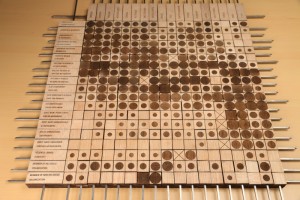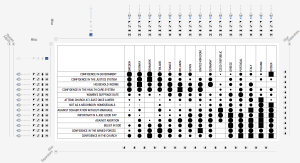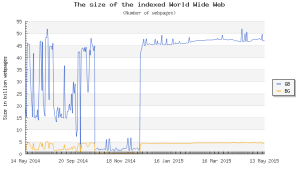The Intercept has a good introductory story about Medical Privacy Under Threat in the Age of Big Data. I was surprised how valuable medical information is. Here is a quote:
[h]e found a bundle of 10 Medicare numbers selling for 22 bitcoin, or $4,700 at the time. General medical records sell for several times the amount that a stolen credit card number or a social security number alone does. The detailed level of information in medical records is valuable because it can stand up to even heightened security challenges used to verify identity; in some cases, the information is used to file false claims with insurers or even order drugs or medical equipment. Many of the biggest data breaches of late, from Anthem to the federal Office of Personnel Management, have seized health care records as the prize.
The story mentions Latanya Sweeny, who is the Director of the Data Privacy Lab at Harvard. She did important research on Discrimination in Online Ad Delivery and has a number of important papers on health records like a recent work on Matching Known Patients to Health Records in Washington State Data that showed that how one could de-anonymize Washington State health data that is for sale by search news databases. We are far more unique than we think we are.
I should add that I came across an interesting blog post by Dr Sweeny on Tech@FTC arguing for an interdisciplinary field of Technology Science. (Sweeny was the Chief Technologist at the FTC.)



